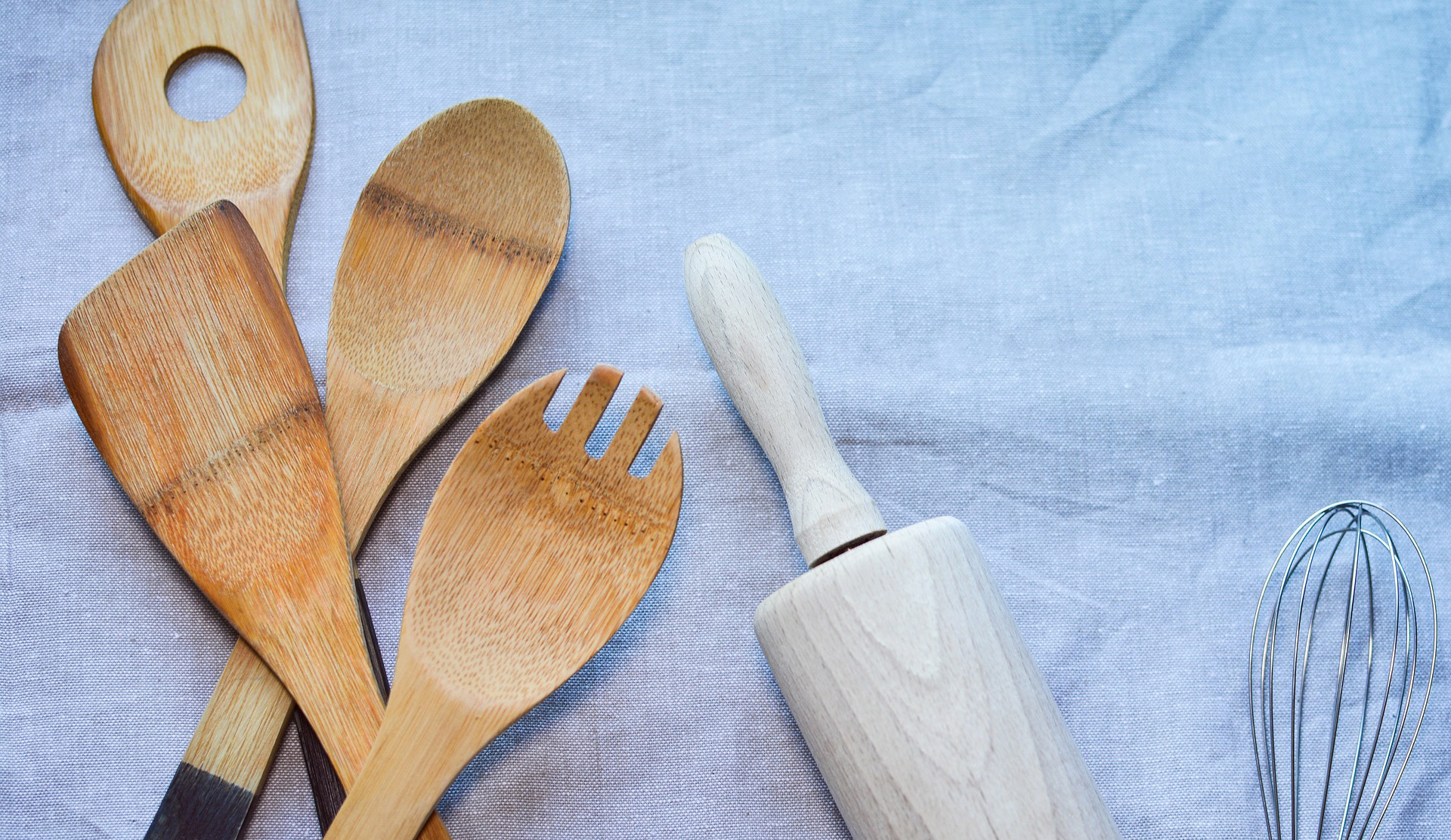The Many Benefits of Learning to Cook – And How to Get Started

PREMIUM CONTENT for MEMBERS ONLY
By Fiona Riddle
Learning to cook your own meals at home is one of the most rewarding habits you can adopt for optimizing your health and improving vitality. As the concept of food as medicine has become increasingly prevalent, it is clear that what we put into our bodies has a major impact on our health and wellbeing. By cooking at home, you control exactly what goes into your food, and you can become more mindful of what you put into your body.
“…50% of adults state that takeout and delivery services are essential.”
Since the pandemic, more Americans have begun cooking at home out of necessity, however according to The National Restaurant Association’s State of the Restaurant Industry Report, over 50% of adults claim that takeout and delivery services are essential. And according to one survey, over 50% of those who eat out, do so 2-3 times per week. Of course the occasional restaurant meal is not detrimental to health, and can actually provide benefits such as socialization and relaxation, however heavily relying on takeout and dining out as a means for sustenance exposes the body to more potentially harmful ingredients and excess caloric intake.
“Most restaurants serve conventionally sourced produce, meat and dairy, which may be contaminated with pesticides or hormones.”
Although going out to eat can be enjoyable, customers have zero control over the quality (or quantity) of ingredients used or the cooking methods. Even seemingly healthy options tend to contain added sweeteners such as in salad dressings and marinades, and many vegetable side dishes are fried for improved texture. To improve flavor, many dishes are also loaded with oils and fats which, while not inherently bad, can significantly increase caloric intake without patrons even realizing. And because profit margins are typically quite low in the food industry, restaurants gravitate towards lower quality, cheaper ingredients to sustain their businesses. Most restaurants serve conventionally sourced produce, meat, and dairy, rather than organically produced which may be contaminated with pesticides or hormones.
By learning to cook these same meals at home, you can still enjoy your favorite dishes but made with higher quality ingredients that you have picked out yourself. Instead of deep-frying vegetables, a crisp can be obtained by roasting them at high temperatures. Instead of salad dressings that contain added sugars and gums, which may be disruptive to the gut, you can simply use extra virgin olive oil and balsamic. Plus, you can customize your meals to cater to your exact preferences rather than having to request modifications.
“Cooking is a powerful creative outlet and can even be thought of as an artform.”
For those looking for a new hobby or a productive way to spend free time, learning to cook offers much more than simply making food. As expressed in the term “Culinary Arts”, cooking is a powerful creative outlet and can even be thought of as an artform. Many people lack such a creative outlet, so often distracted by consumption, which can have profound benefits for stress management and gratitude. Home cooking allows for experimentation with new flavors and creations while simultaneously nourishing the mind and body.
“Working in the kitchen with others can also foster a sense of connection.”
Cooking also has the added benefit of creating community and bringing loved ones together. The ability to cook a meal for family and friends is not only a way to feed a group for far less money, but is also a way to show appreciation and love for others. Who doesn’t love receiving freshly baked brownies or being served a homemade pasta dinner? Working in the kitchen with others can also foster a sense of connection as it is a great way to bond with family and friends. Sitting down to enjoy a meal made together with your own hands increases our awareness of and appreciation for our food.
“…start by mastering the basics…”
If you’re new to cooking and not sure where to start, there is no need to overcomplicate it with intricate dishes or committing to making everything from scratch. Instead, start by mastering the basics of preparing some protein, sauteing or roasting vegetables and putting together a balanced plate. Try recreating some of your favorite meals and make them over and over again until they taste even better than the restaurant version. For instance, if you find yourself ordering the same salad or sandwich every day for lunch, buy the ingredients and make it at home.
To prepare yourself, stock your pantry with a few staples such as good quality olive oil, balsamic vinegar, sea salt, and a few different spices you enjoy. Keeping things like leafy greens, frozen veggies, eggs, premade pasta sauce, rice and canned fish on hand will make it easier for you to throw a quick meal together when you’re in a rush or if you don’t have many fresh ingredients on hand. Purchase a few cookbooks or find recipes online that interest you and try them out. Remember to have fun with it, and it is okay if your recipe doesn’t come out right the first time!

Fiona Riddle is a Certified Health Coach with a degree in Psychology from UCLA. She is passionate about a holistic approach to health when working with her private coaching clients. She is an avid cook, constantly creating and sharing new recipes on her Instagram (@feelgoodwithfi) to showcase simple clean home cooking.
✓ This article was reviewed and approved by Emeran Mayer, MD